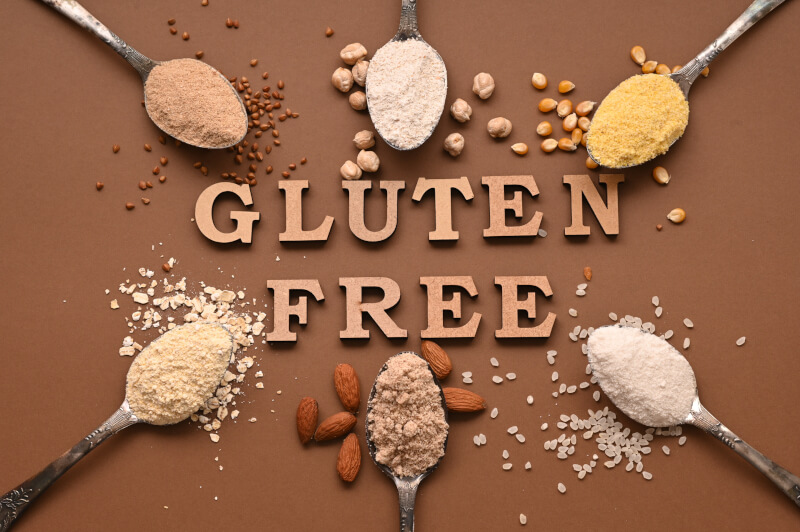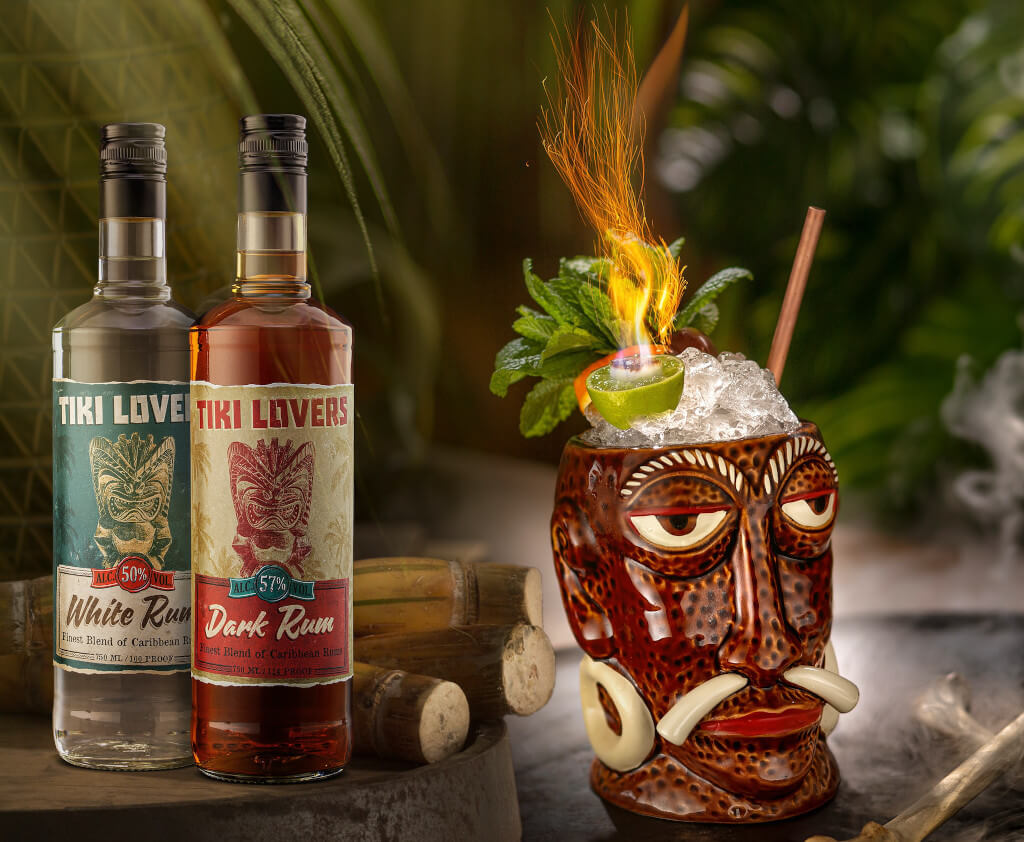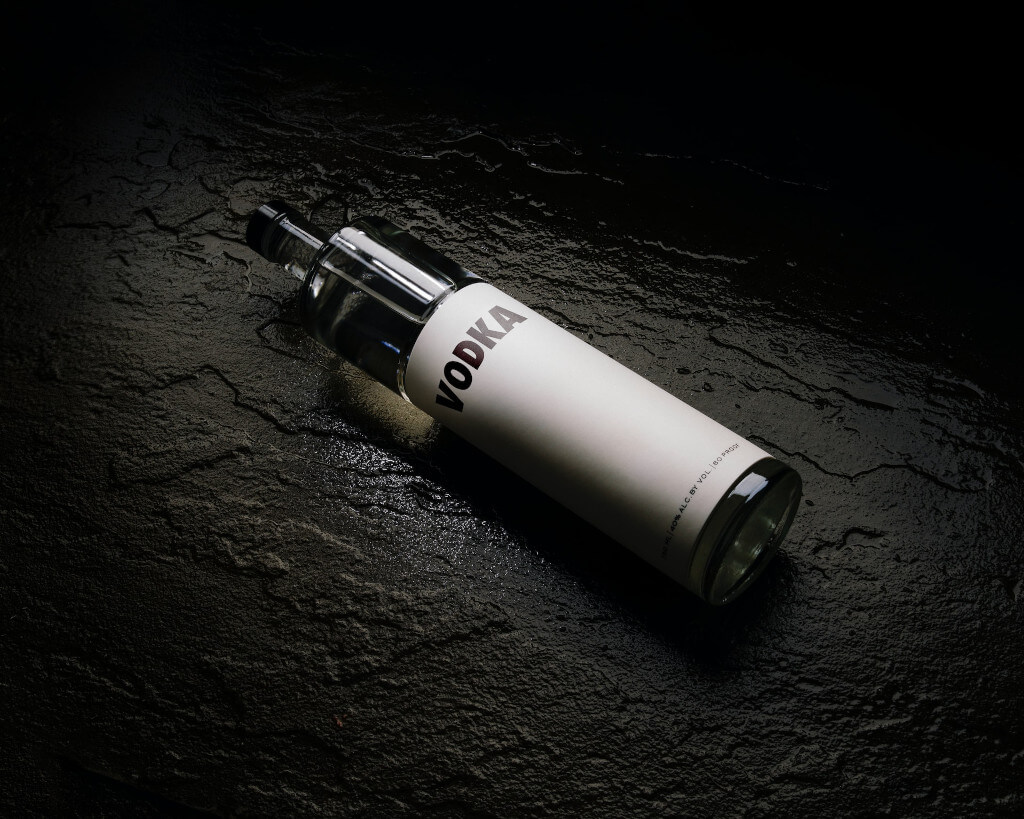Do you love Three Olives Vodka but have to watch your gluten intake? You’ve found the proper location, then. Are three olives vodka gluten-free? That’s the question we’ll be answering today.
Prepare to learn what is happening beneath the label and determine if this well-known brand of vodka is suitable for your gluten-free diet and lifestyle.
Three Olives Vodka? What’s that?
When it comes to flavored vodkas, few brands can compare to the selection offered by Three Olives Vodka. The Three Olives Company, makers of other premium spirits, is responsible for its production.
Why Do We Need Gluten-free Options?
Products that are safe for those with celiac disease or gluten sensitivity are in high demand. Small intestinal damage and allergic responses are possible consequences of consuming gluten by these people. To accommodate their dietary restrictions, gluten-free alternatives must be made readily available.
The Consequences of Gluten
What is Gluten?
Wheat, barley, and rye are the only sources of the protein gluten. It gives bread and other baked items their characteristic texture by giving the dough elasticity and structure.
However, those with celiac disease or other gluten-related diseases face a host of additional health risks when consuming gluten.
Gluten-related Diseases and Disorders
- Negative reactions to gluten ingestion have been reported in people with celiac illness, non-celiac gluten sensitivity, and wheat aversions.
- The inner layer of the small intestine is damaged in celiac disease, an autoimmune disorder caused by the body’s reaction to gluten.
- Those who experience symptoms comparable to those of celiac disease but do not have the intestinal damage that characterizes celiac disease are said to have non-celiac gluten sensitivity.
- Gluten-free alternatives are in high demand
People with gluten-related diseases need to adhere strictly to a gluten-free diet due to the negative effects of gluten on their health. This includes avoiding products that might have been cross-contaminated with gluten as well as those that contain gluten themselves.
Three Olives Gluten-Free Vodka

The Grains That Go Into Three Olives Vodka Fermentation
The vodka is filtered and distilled four times to remove any remaining sediment or other contaminants, leaving behind a clear and flavorful spirit.
Components and Method of Manufacture
The premium Three Olives Vodka is distilled from a mixture of English wheat, water, and yeast. By the specific variety or flavor, the precise components and quantities may change. Vodka is made by fermenting and distilling grains.
The Three Olives Company claims that their vodkas do not contain gluten. Gluten proteins are normally removed during distillation, leaving behind a product with either no gluten at all or very low gluten levels. It’s worth noting, though, that people’s sensitivity levels can vary.
If you’re on the hunt for gluten-free vodka, be sure to check labels thoroughly. Investigate any claims made about the absence of gluten or the absence of cross-contamination. Pay close attention to the manufacturer’s allergen declarations and cautions.
Verifying Labels and Gluten-Free Proclamations
Some varieties of vodka may be certified as gluten-free by groups like the Gluten-Free Certification Organisation (GFCO) and the Celiac Support Association (CSA). These approvals show that the product has been tested and is gluten-free as per the standards set out by the certifications.
Making a Call to the Producer
Let’s say somebody has queries or worries about gluten levels or the possibility of cross-contamination. In such a circumstance, a call to the maker is strongly suggested. They can give specifics on their manufacturing procedures and any precautions taken to guarantee gluten-free status.
Contamination From Other Sources
When gluten-free items come in contact with gluten-containing substances or surfaces, cross-contamination can occur. Shared production facilities or machinery could introduce contamination into the vodka production process.
Deglutening and Distillation
Vodka is made using a distillation process that removes impurities such as gluten and other proteins. It is important to take into account personal sensitivities and the likelihood of residual traces of gluten even though the process normally removes gluten proteins.
Considerations for the Highly Sensitive
People who are celiac or have a severe allergy to gluten may want to avoid purchasing anything that could have been contaminated. In such instances, it may be preferable to choose vodkas that have received dedicated gluten-free accreditation or labels that take further steps to guarantee gluten-free status.
Various Other Factors
- Personal allergies and sensitivities
- Realize that some people are more or less sensitive to gluten than others.
- Even minute amounts of gluten can trigger an immune response in some people, while others can handle it just fine.
- Decisions can be aided by awareness of individual sensitivities and discussions with medical experts.
While the vodka itself may be gluten-free, the flavorings often added to it are not. The flavored versions of Three Olives Vodka, as well as any other vodka brand, should have their ingredient lists checked for the presence of gluten.
Adding to Other Drinks
It’s important to think about the gluten content of the mixer when combining Three Olives Vodka or any other vodka with other beverages. Gluten has been found in some mixers including beer and premade drinks. Using gluten-free mixers guarantees a gluten-free beverage.
FAQs
Q: In what exactly does 3 olives vodka consist?
Wheat and other grains are fermented to create the base for Three Olives Vodka. Depending on the flavor or variety of Three Olives Vodka, the exact components and amounts may be different.
Q: What kinds of vodka do not contain gluten?
Because of the distillation process, vodka is typically considered gluten-free. Gluten proteins are often eliminated along with the alcohol during distillation.
Q: How does the distillation process affect gluten levels in vodka?
The distillation process is designed to purify and concentrate the alcohol. As a part of this process, larger molecules, like gluten proteins, are separated and do not make it into the final product. This generally results in a product that is free or nearly free of gluten, depending on the original ingredients and the effectiveness of the distillation.
Q: Are there any specific symptoms that someone might experience if they unknowingly consume vodka with gluten traces?
Yes, individuals with celiac disease or gluten sensitivities might experience a range of symptoms, from digestive disturbances like bloating, gas, and diarrhea to systemic reactions like fatigue, headaches, or skin rashes. The severity and type of reaction can vary widely among individuals.
Q: Can I trust a vodka brand that labels itself as “crafted to remove gluten”?
Labels like “crafted to remove gluten” typically indicate that the product was made from gluten-containing ingredients but has been processed in a way to remove or reduce gluten. While many such products may be safe for those with gluten sensitivities, individuals with celiac disease should exercise caution and consult their physician or a dietitian.
Q: Does the flavoring in flavored vodkas introduce gluten back into the product?
Flavorings can be derived from various sources, and some might contain gluten or gluten derivatives. It’s essential to read the label of flavored vodkas closely and inquire with the manufacturer if there’s any doubt about the ingredients.
Q: Are there specific gluten-free certifications I should look for when choosing a vodka?
Yes, organizations like the Gluten-Free Certification Organization (GFCO) and the Celiac Support Association (CSA) offer certifications for products that meet strict gluten-free standards. If a vodka brand sports one of these certifications, it has undergone testing to ensure it meets the requisite criteria for being gluten-free.
This includes vodkas distilled from wheat, barley, and rye, among other gluten-containing cereals. It’s crucial to remember, though, that some people are extremely sensitive and may still have reactions to even minute levels of gluten. To be sure the vodka doesn’t contain any gluten, you should check the label, look for appropriate gluten-free certifications, and maybe even contact the maker directly.





